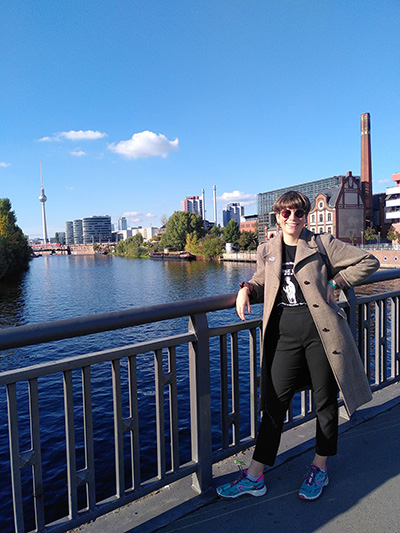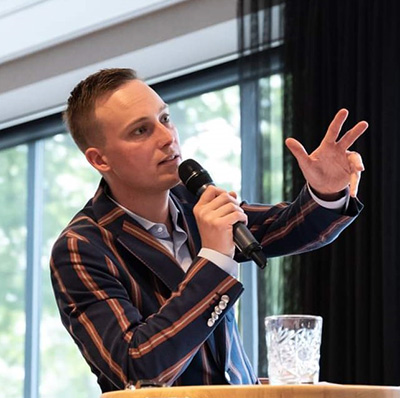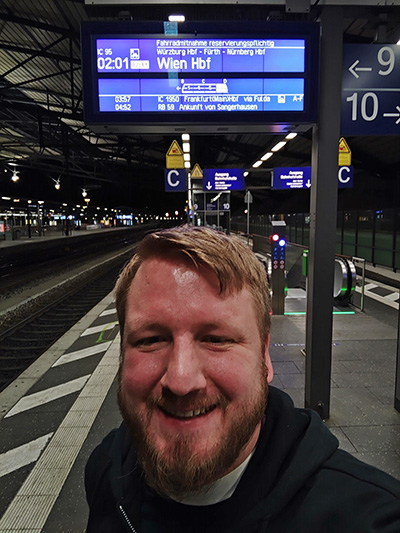The topic of nationalism in the old continent has been gaining importance over the past decades. Nationalist parties are increasingly shaping the political spectrum of European countries. After France avoided a far-right turn by losing to a pro-European candidate and general condemnation of the Russian nationalistic activities in Ukraine, it might seem the nationalistic crusades in Europe suffer one severe blow after the other. Nevertheless, the countries with their political parties and churches are obliged to face the new challenges brought by the recent political happening and take action to prevent serious consequences, reaching far beyond rejecting refugees and building fences.

I consider nationalism, especially its far-right form, a dangerous relict of the past, territorial times utilized as an easy-to-use weapon against not always unproblematically functioning democracies of the modern European countries. This is especially evident in the post-Soviet states, where problems such as corruption or malfunctioning social systems occur daily. I do not want my identity to be defined by a particular nation, I rather support the cosmopolitan point of view.


